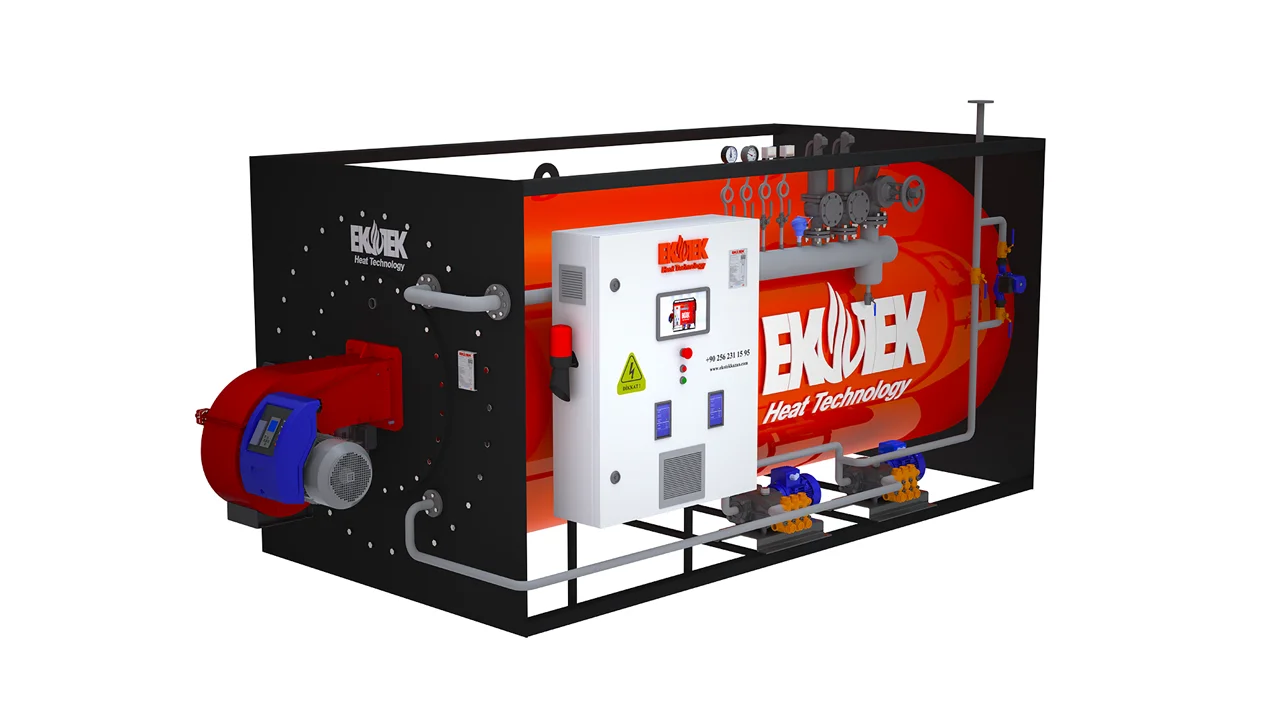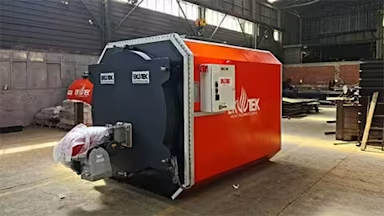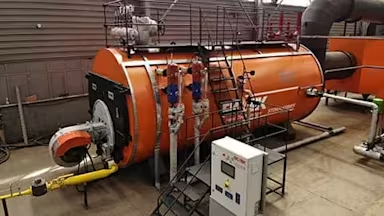How to Choose the Right Industrial Steam Boiler
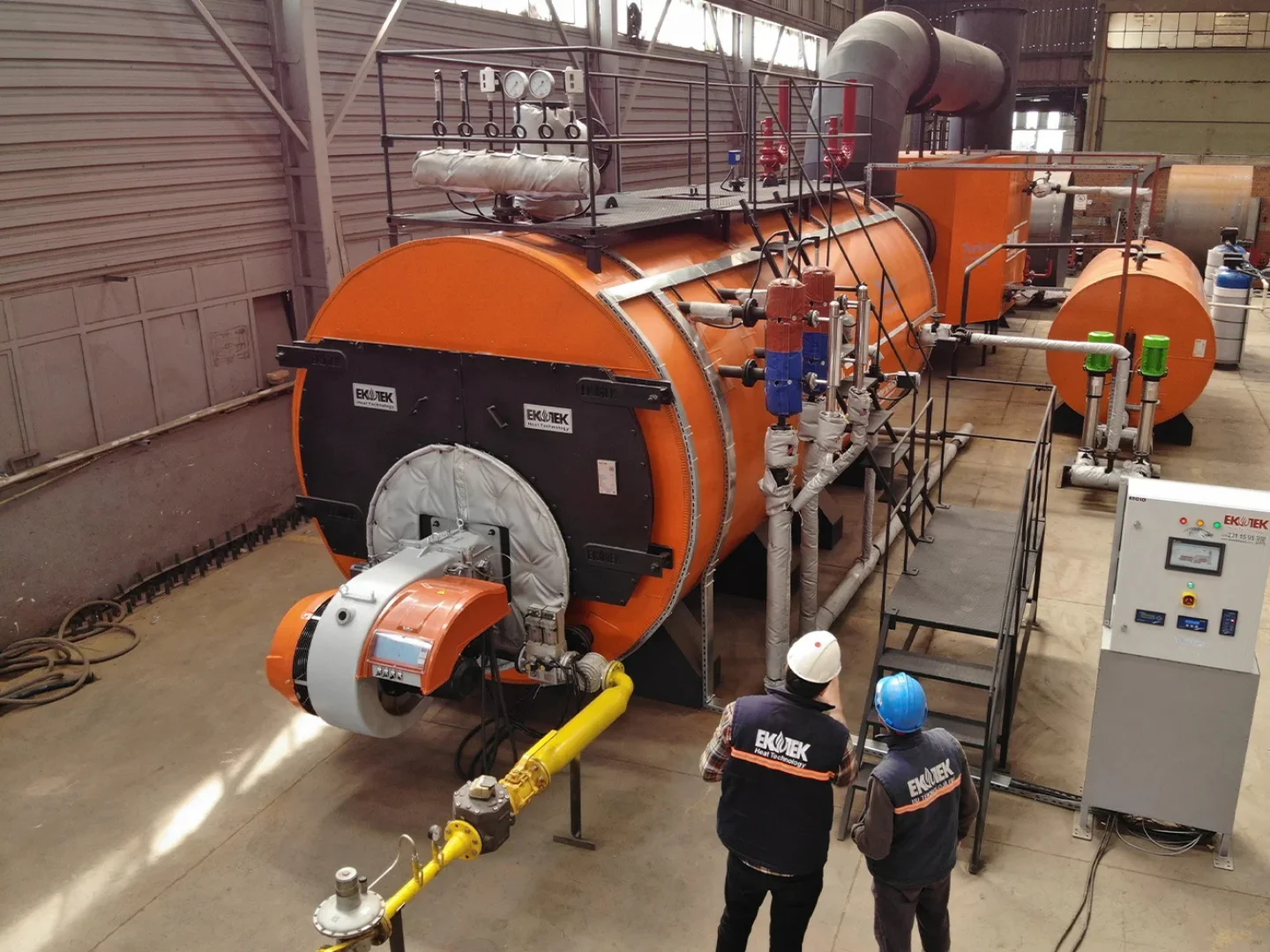 If your business is installing or replacing an industrial steam boiler, selecting the right model is essential for efficiency, safety, and cost control. With many types and features available, knowing what to prioritize can help you avoid costly errors. This guide outlines the key factors to consider when choosing a steam boiler for your facility.
If your business is installing or replacing an industrial steam boiler, selecting the right model is essential for efficiency, safety, and cost control. With many types and features available, knowing what to prioritize can help you avoid costly errors. This guide outlines the key factors to consider when choosing a steam boiler for your facility.
Why Choosing the Right Steam Boiler Matters
Industrial steam boilers are central to production in sectors such as food, textiles, chemicals, and energy. Choosing the wrong boiler can cause inefficiency, increased maintenance, and downtime. The right choice ensures:
- Optimal energy efficiency and reduced fuel costs
- Stable and consistent steam generation
- Longer equipment lifespan with minimal maintenance
- Safe operation and compliance with regulations
1. Determine Your Steam Requirements
Before choosing a boiler, define your process needs clearly:
- Steam Capacity (kg/h or tons/h): Estimate the total amount of steam required during peak operation.
- Steam Pressure (bar or psi): Identify the minimum and maximum pressure levels your equipment needs.
- Steam Quality: Depending on the application, you may need dry, saturated, or superheated steam.
Consult a qualified boiler manufacturer for a load analysis to identify the optimal capacity and configuration.
2. Choose the Right Boiler Type
Different boiler designs suit different industries and applications:
- Fire-Tube Boilers: Ideal for low to medium steam demands. Compact and easy to maintain.
- Water-Tube Boilers: Best for high-pressure, high-capacity applications such as power plants and large manufacturing lines.
- Electric Steam Boilers: Perfect for facilities requiring clean energy, compact installation, and zero emissions.
- Hybrid Systems: Combine multiple energy sources (gas + electric) for flexibility and efficiency.
Each boiler type has specific benefits related to cost, space requirements, and performance.
3. Consider the Fuel Type and Energy Efficiency
Fuel choice plays a major role in both operating costs and environmental impact. The most common options include:
- Natural Gas or LPG: Fuel selection significantly affects operating costs and environmental impact. Common options include:Fuels (Biomass, Coal, Pellets): Sustainable and cost-effective for certain industries.
- Electric Power: Ideal for facilities with renewable energy sources or strict emission controls.
Choose boilers with thermal efficiency above 90 percent, low NOx emissions, and advanced combustion systems to maximize savings and sustainability.
4. Evaluate Material Quality and Construction
Boiler durability relies on quality materials and design. Key components to review include:
- Boiler shell and tubes: Made from certified steel resistant to high pressure and temperature.
- Insulation: High-quality insulation minimizes heat loss.
- Burner system: Select reputable brands to ensure reliability and spare parts availability.
- Safety valves and control systems: Must meet international standards such as CE or ASME.
5. Maintenance, Automation, and Safety Features
Modern boilers come equipped with automation and monitoring systems to enhance safety and efficiency:
- Automatic feed water control
- Pressure and temperature sensors
- Low-water level protection
- Remote monitoring and alarm systems
Choose a boiler with accessible maintenance points and built-in diagnostic tools for efficient troubleshooting.
6. Compliance with Standards and Certifications
Ensure your steam boiler complies with local and international regulations. Look for certifications such as:
- CE (Conformité Européenne)
- ISO 9001 Quality Management
- EN 12953 or ASME Section I
Compliance ensures safety and simplifies export and installation approvals.
7. Cost, After-Sales Support, and Warranty
When evaluating quotes, consider total cost of ownership rather than just the initial price. This includes:
- Fuel and operational efficiency
- Maintenance and spare parts
- Warranty coverage (typically 2–5 years)
- Technical support and service availability
Working with an experienced manufacturer provides long-term reliability and expert support.
Frequently Asked Questions About Industrial Steam Boilers
How long does an industrial steam boiler last?
With proper maintenance, a high-quality boiler can operate efficiently for 20–25 years or longer.
Which fuel type is the most economical?
Natural gas is often the most cost-effective option due to its high efficiency and cleaner combustion.
Can I upgrade an existing boiler system?
Yes. Retrofitting with new burners, economizers, or control systems can significantly improve efficiency.
What’s the difference between fire-tube and water-tube boilers?
Fire-tube boilers heat water surrounding internal tubes, while water-tube boilers circulate water inside tubes exposed to heat—making them better for high-pressure operations.
Are electric steam boilers suitable for large industries?
Yes, especially in sectors with renewable electricity access or strict emission requirements.
Ready to Choose the Perfect Boiler?
Selecting the right industrial steam boiler requires a careful balance between performance, cost, and sustainability. At Ekotek Heating Technology, we design and manufacture high-efficiency, safe, and long-lasting steam boilers tailored to your business needs.
Contact our team for a free consultation to find the most efficient steam solution for your facility.

 If your business is installing or replacing an industrial steam boiler, selecting the right model is essential for efficiency, safety, and cost control. With many types and features available, knowing what to prioritize can help you avoid costly errors. This guide outlines the key factors to consider when choosing a steam boiler for your facility.
If your business is installing or replacing an industrial steam boiler, selecting the right model is essential for efficiency, safety, and cost control. With many types and features available, knowing what to prioritize can help you avoid costly errors. This guide outlines the key factors to consider when choosing a steam boiler for your facility.